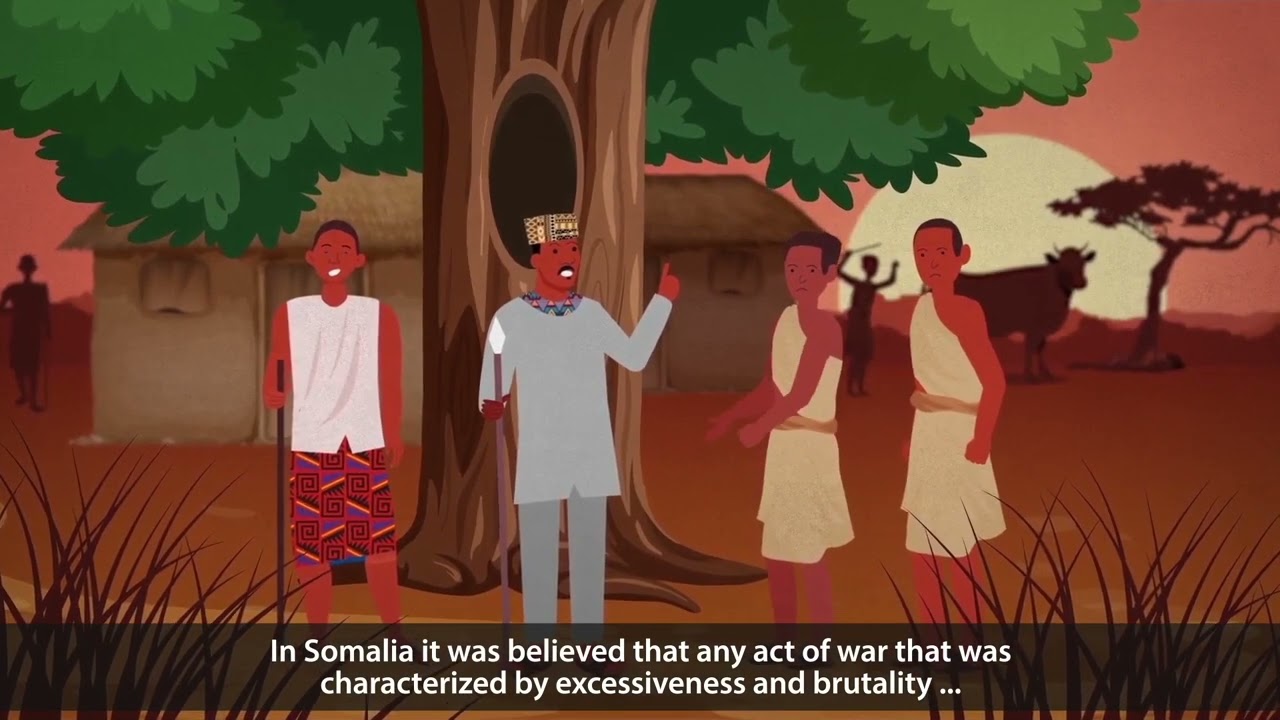Africa is a continent known for its rich cultural diversity and fascinating traditions. With 54 countries and over 3,000 different ethnic groups, Africa is a melting pot of languages, religions, and customs. Exploring the rich tapestry of African culture and traditions can provide a deep understanding of the continent’s history, values, and way of life.
One of the most striking aspects of African culture is the importance placed on community and family. In many African societies, the extended family is considered the cornerstone of society, with relatives playing a crucial role in providing support and guidance. This sense of unity and belonging is reflected in traditional practices such as communal celebrations, rituals, and ceremonies.
Traditional African music and dance are also integral parts of the culture. From the rhythmic beats of the djembe drum in West Africa to the melodic sounds of the mbira in Southern Africa, music plays a central role in daily life and special occasions. Dance is often used as a form of storytelling, with movements and gestures conveying messages and emotions.
African art and craftmanship are also renowned for their beauty and intricacy. From the intricate beadwork of the Maasai tribe in East Africa to the vibrant textiles of the Ashanti people in Ghana, African art reflects the cultural diversity and creativity of the continent. Many traditional crafts have been passed down through generations, with artisans using techniques that have been honed over centuries.
The diverse religions and spiritual beliefs of Africa also play a significant role in shaping culture and traditions. Christianity, Islam, and traditional African religions coexist in many African countries, each influencing the customs and rituals of different communities. Traditional belief systems often involve the worship of ancestors and spirits, with ceremonies and rituals being held to honor and appease them.
Food is another important aspect of African culture, with each region boasting its own unique culinary traditions. From the spicy stews of North Africa to the flavorful jollof rice of West Africa, African cuisine is a reflection of the continent’s diverse landscapes and ingredients. Sharing meals with family and friends is a common practice, with food serving as a way to bring people together and strengthen social bonds.
Overall, exploring the rich tapestry of African culture and traditions offers a glimpse into the history, values, and way of life of the continent. From music and dance to art and craftsmanship, food and religion, Africa’s cultural heritage is as diverse and vibrant as the people who inhabit it. By delving into the customs and practices of different African societies, one can gain a deeper appreciation for the richness and complexity of this vast and diverse continent.











